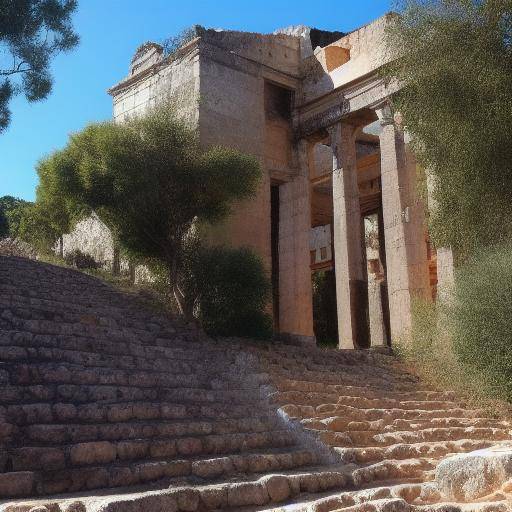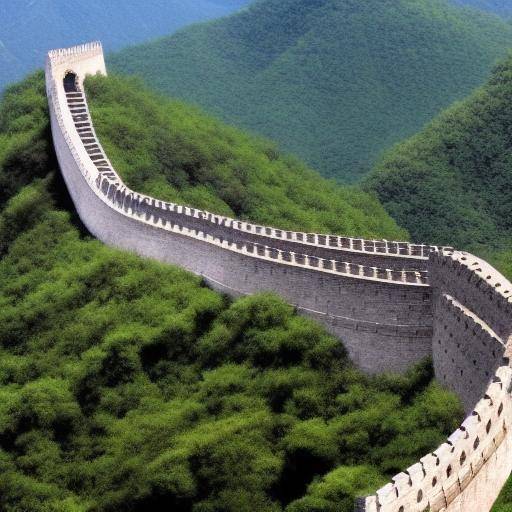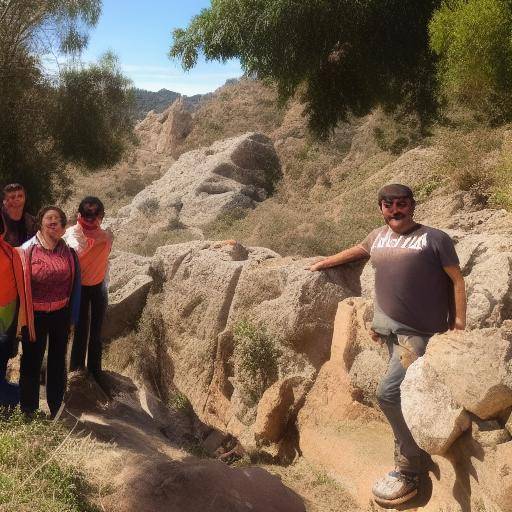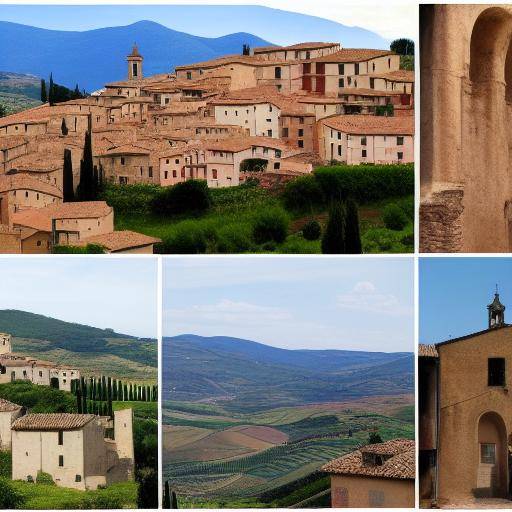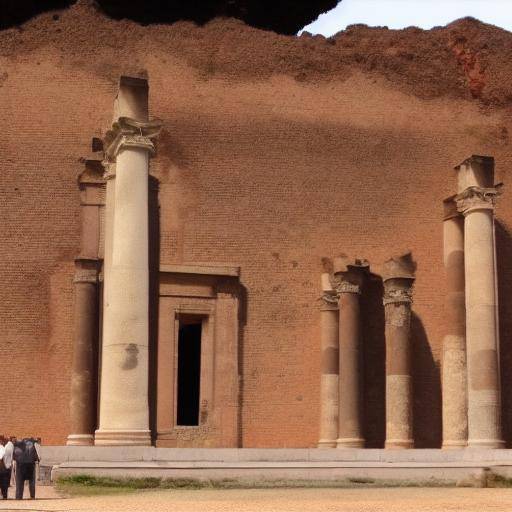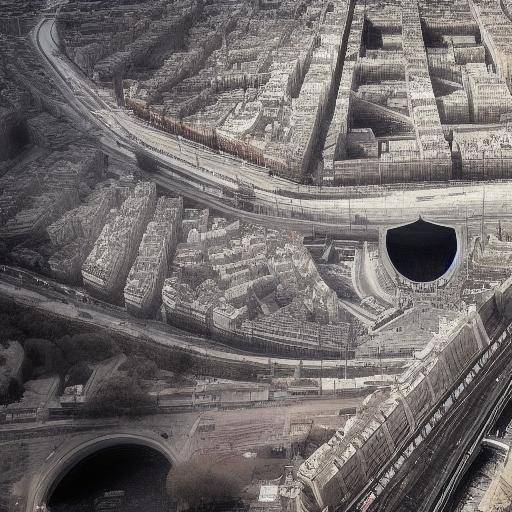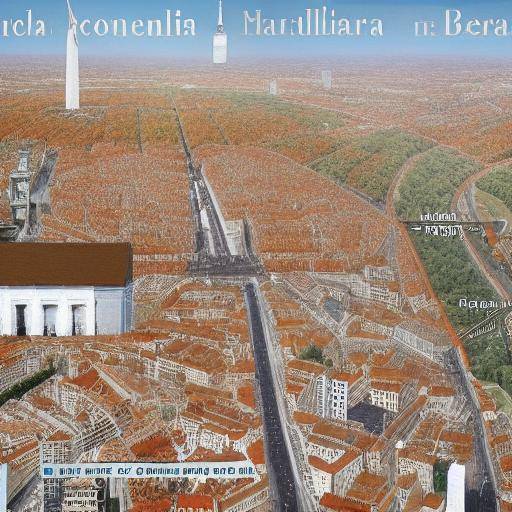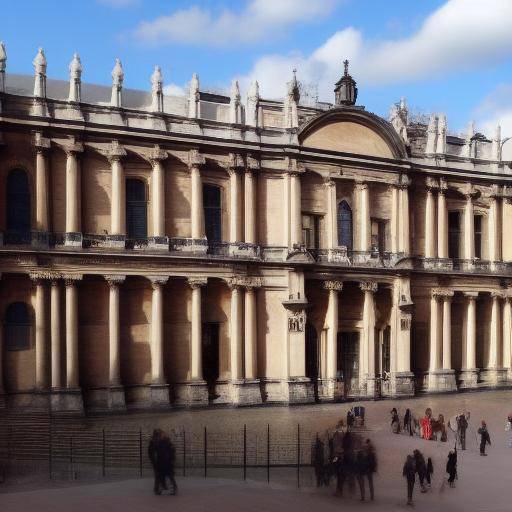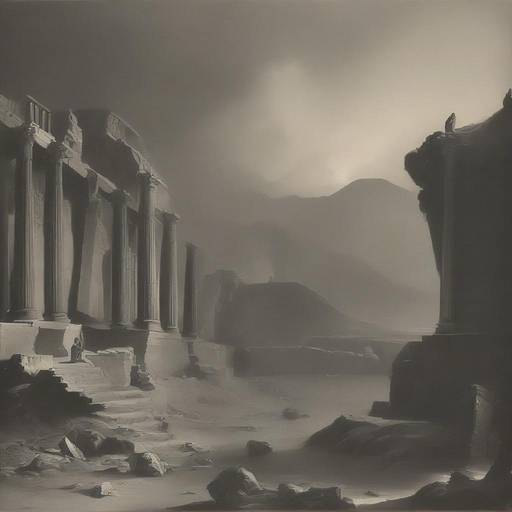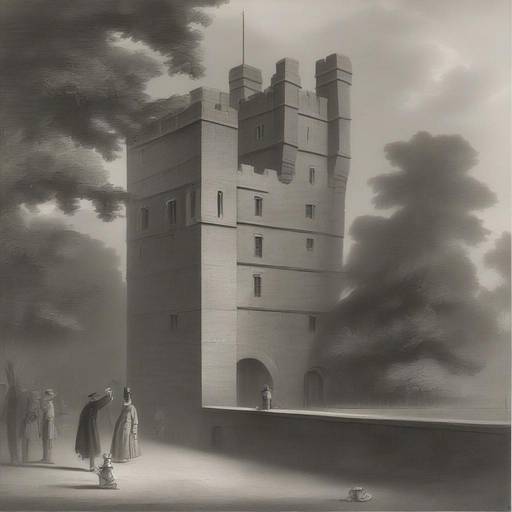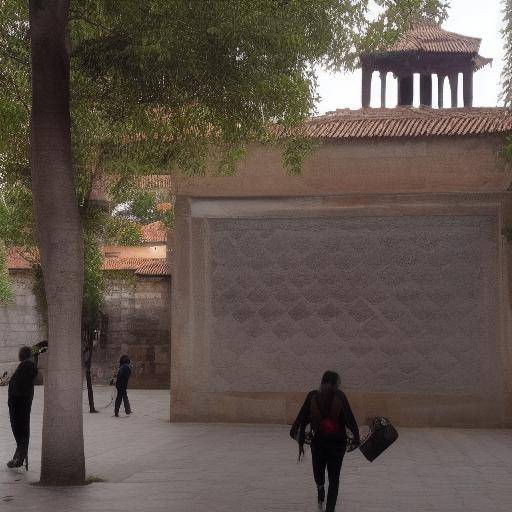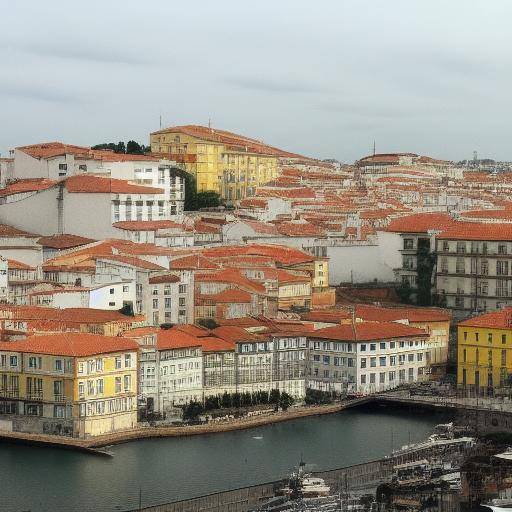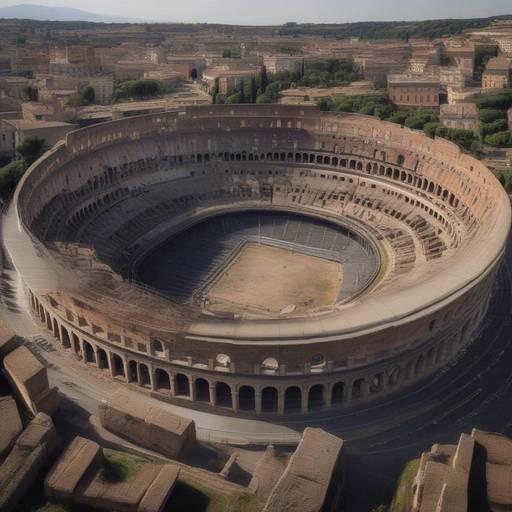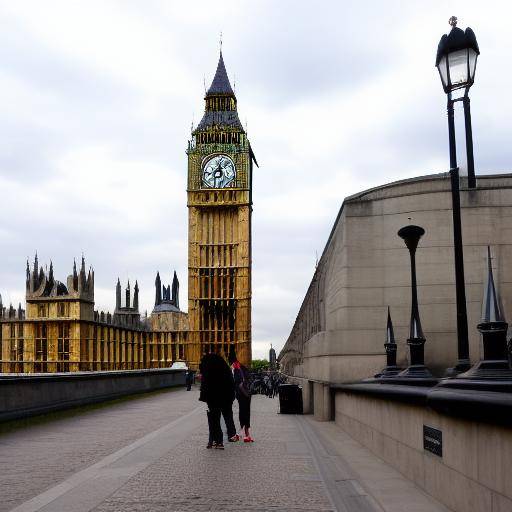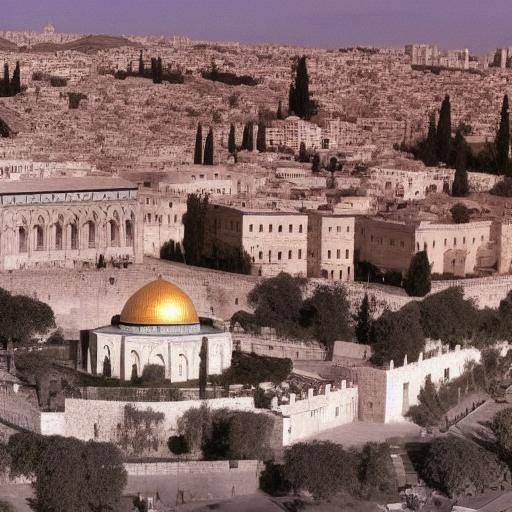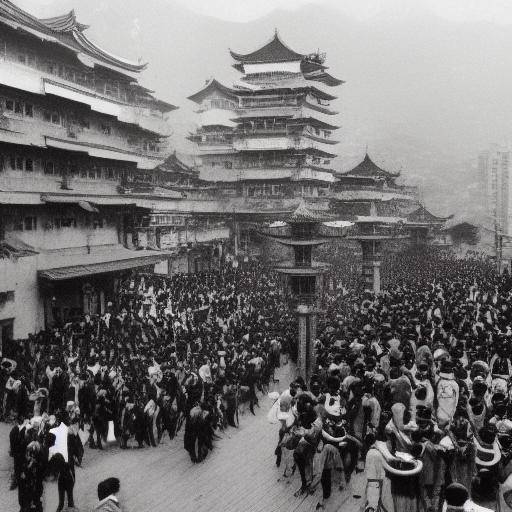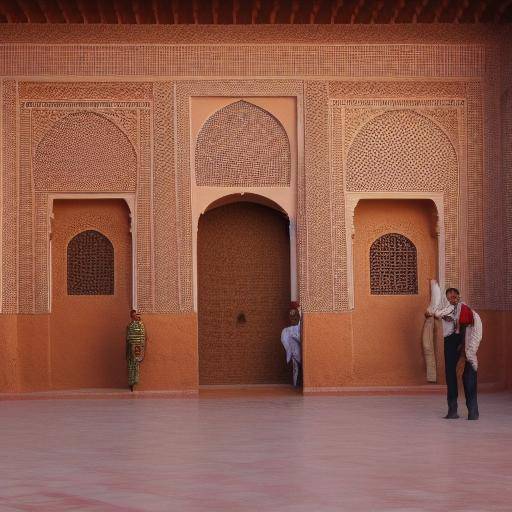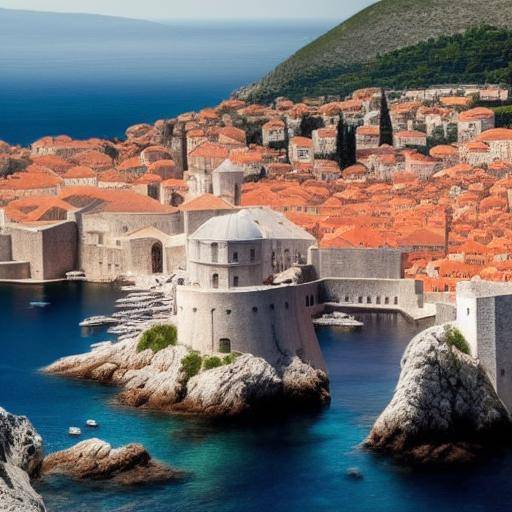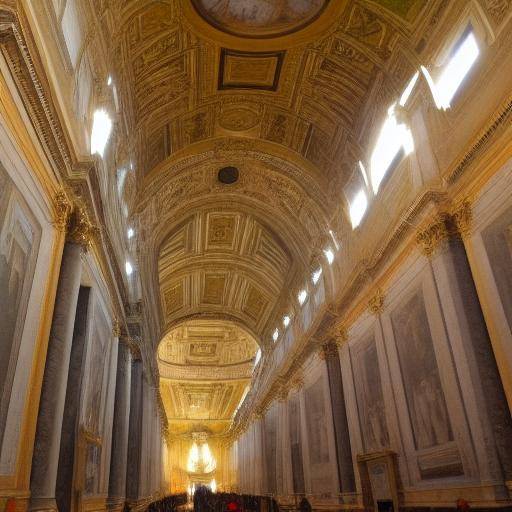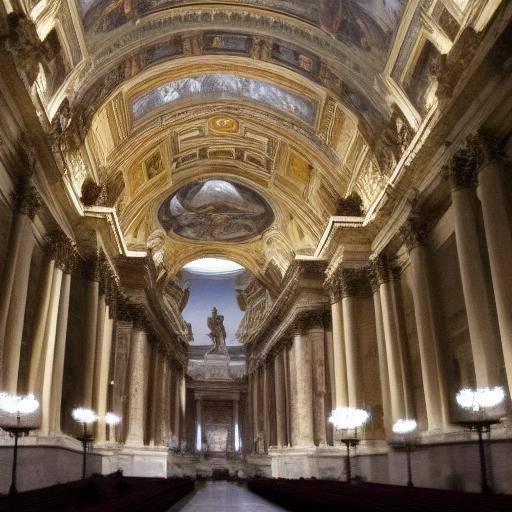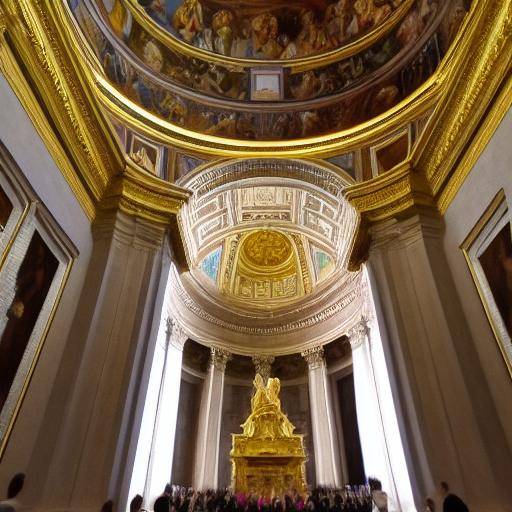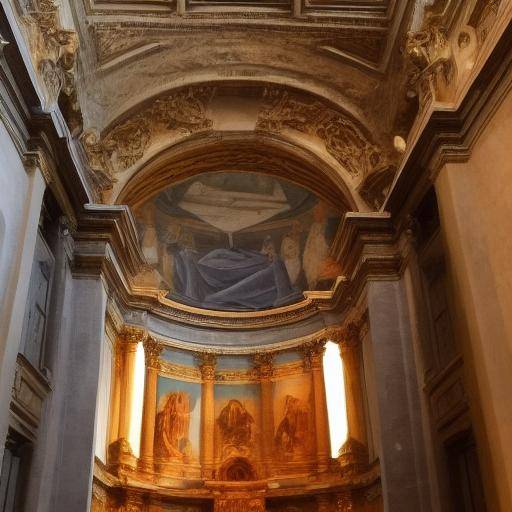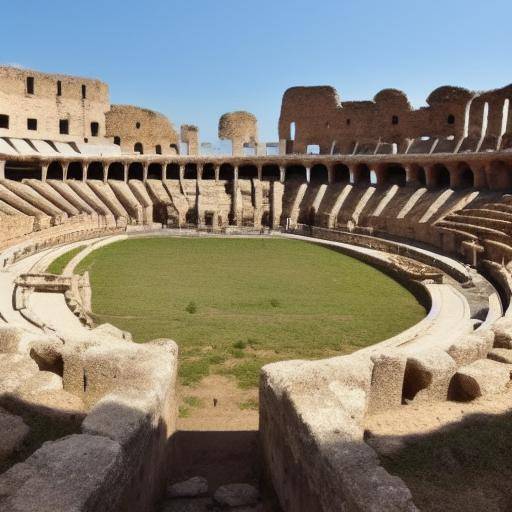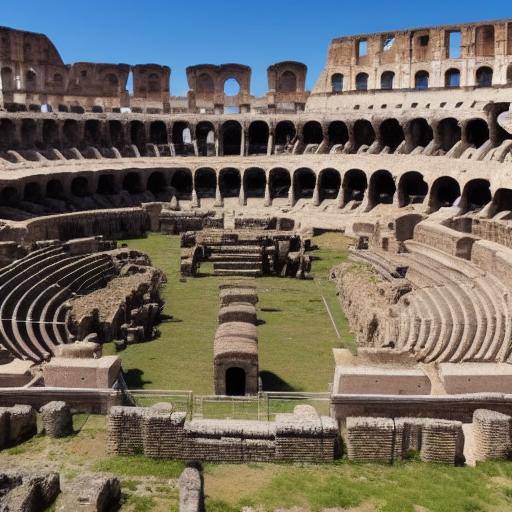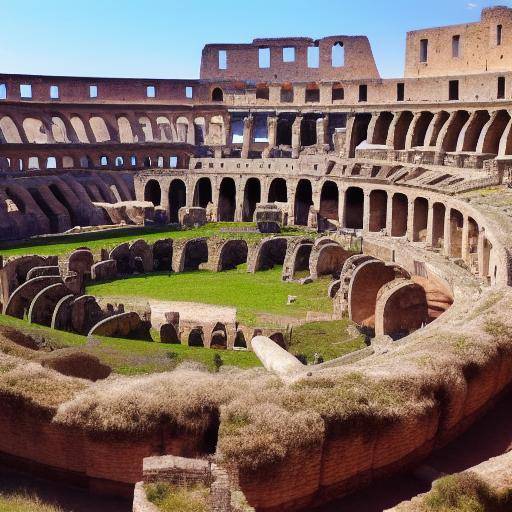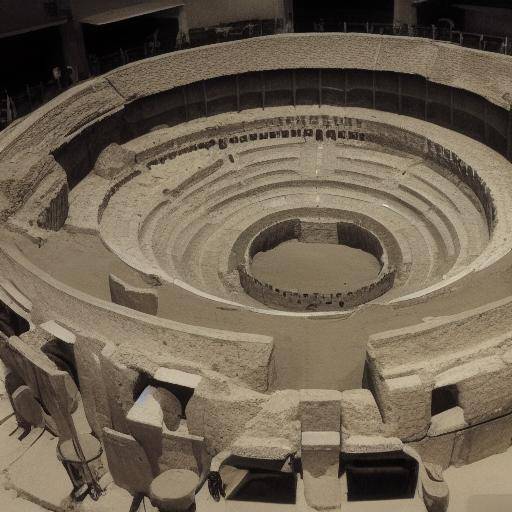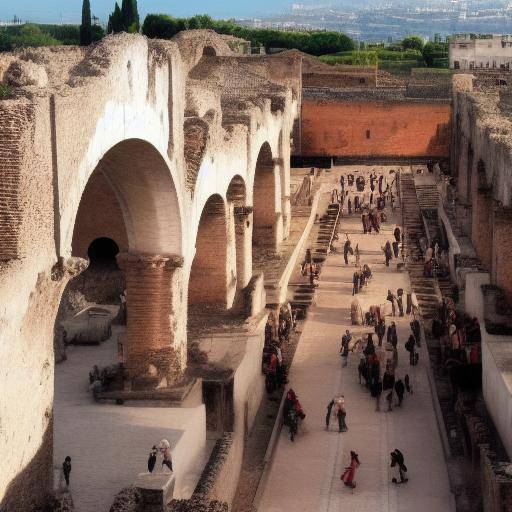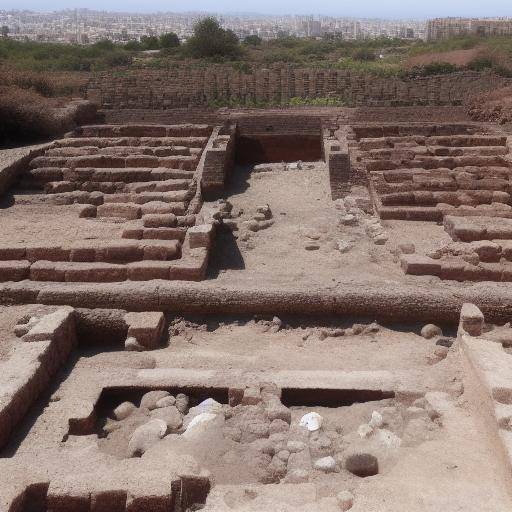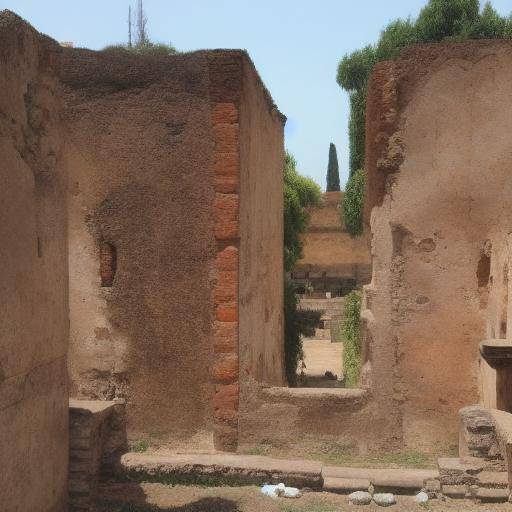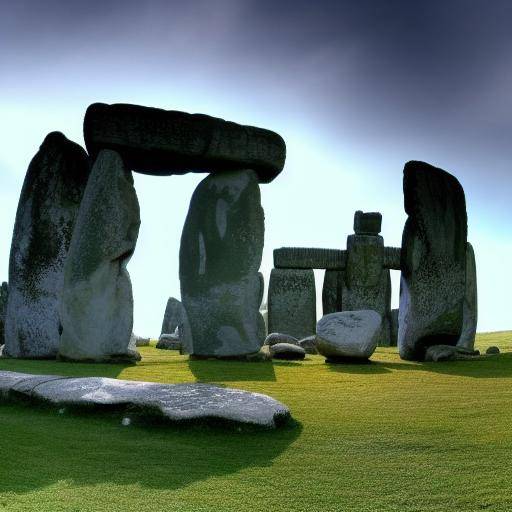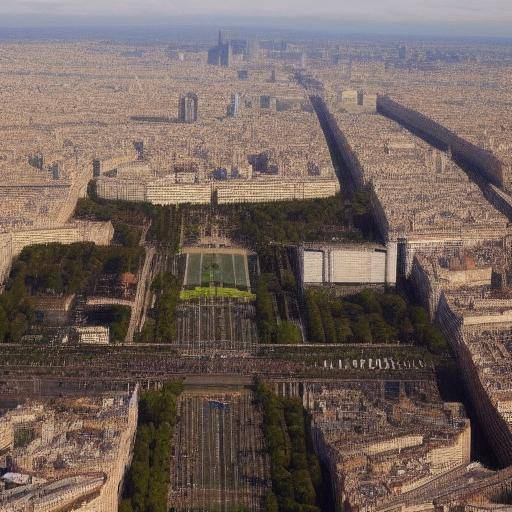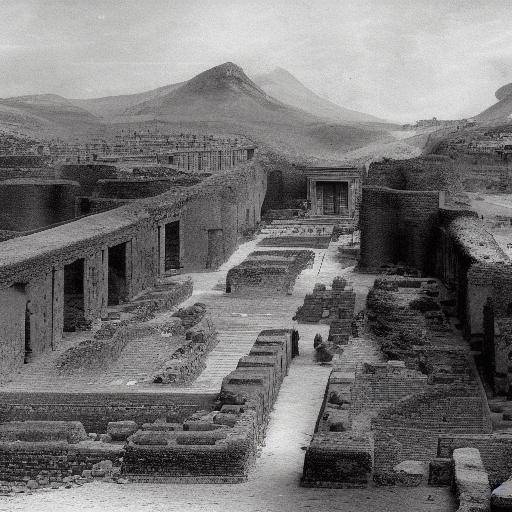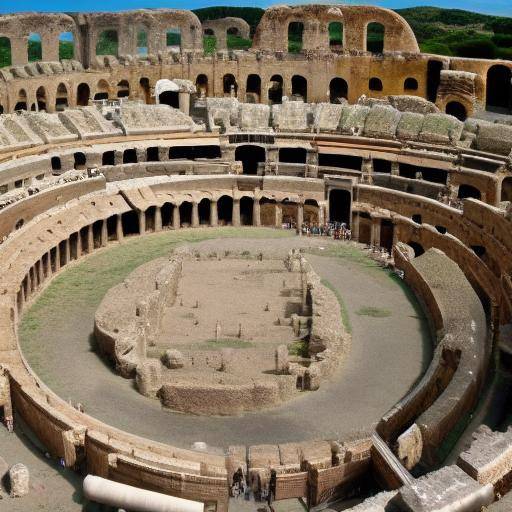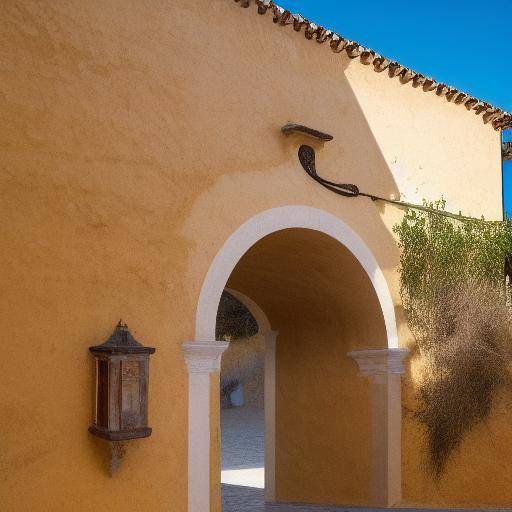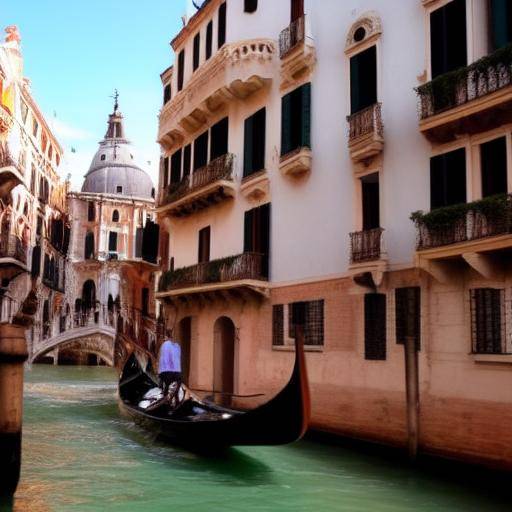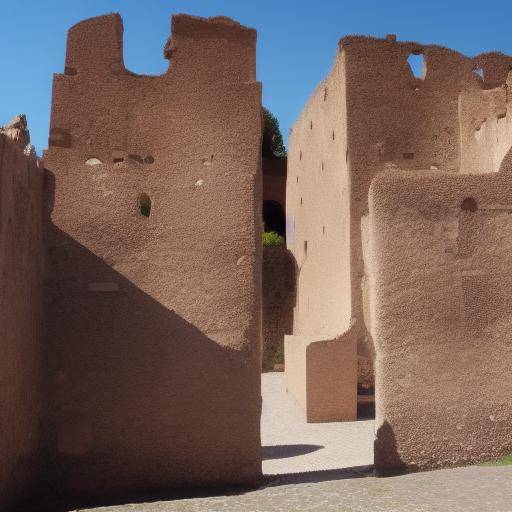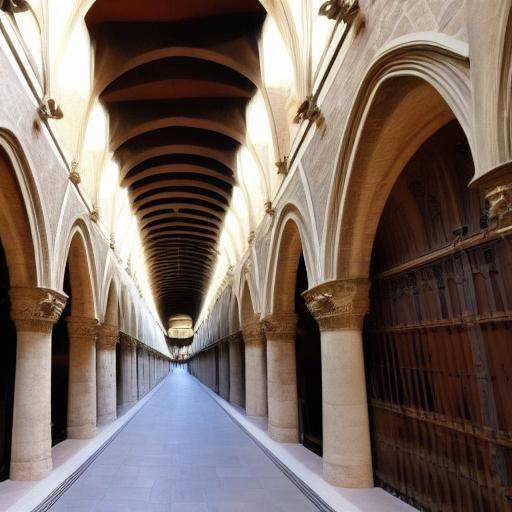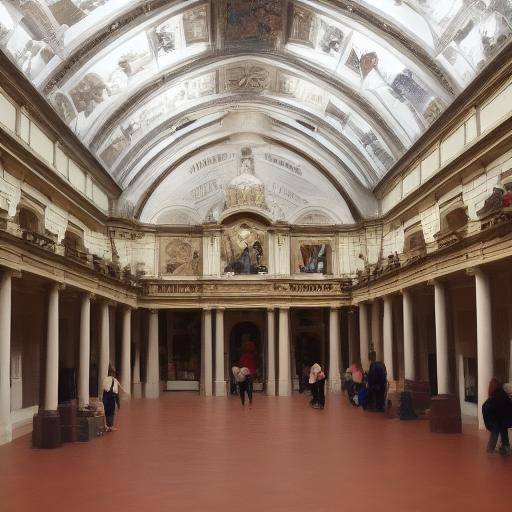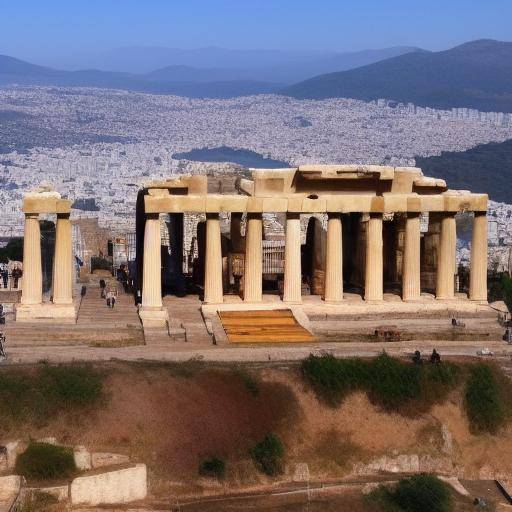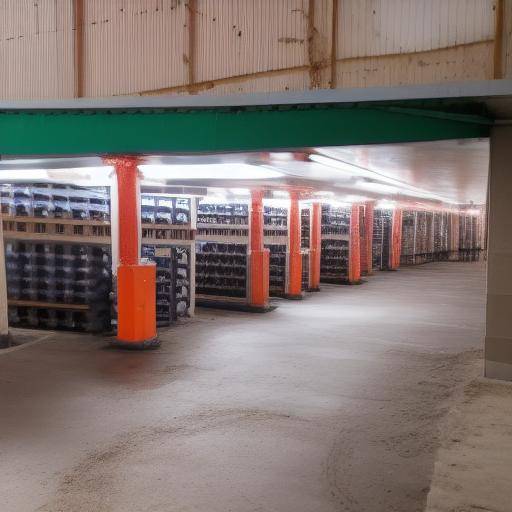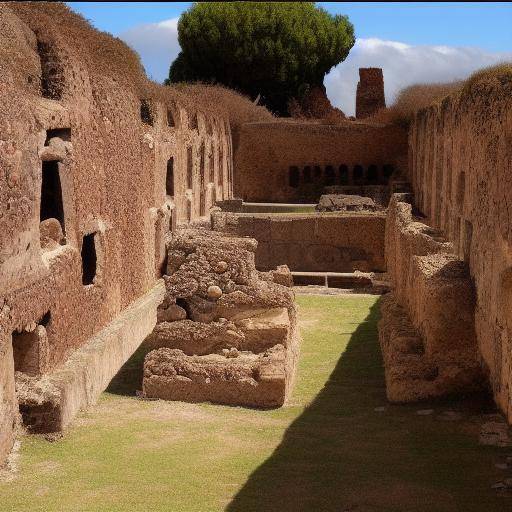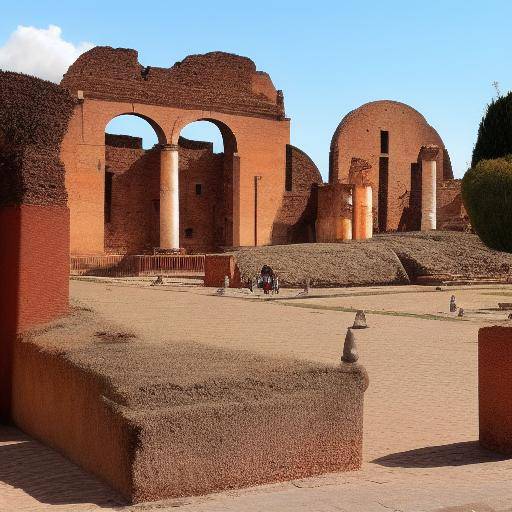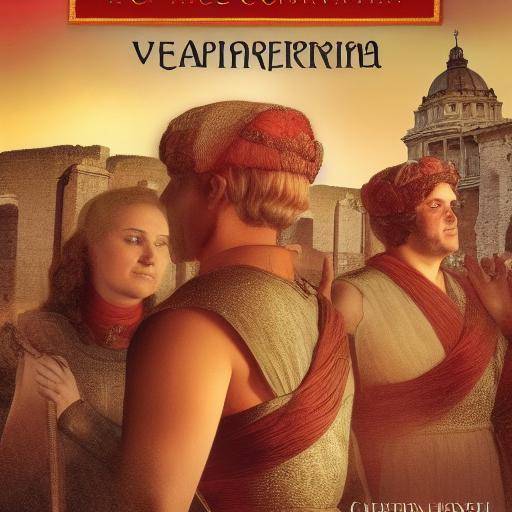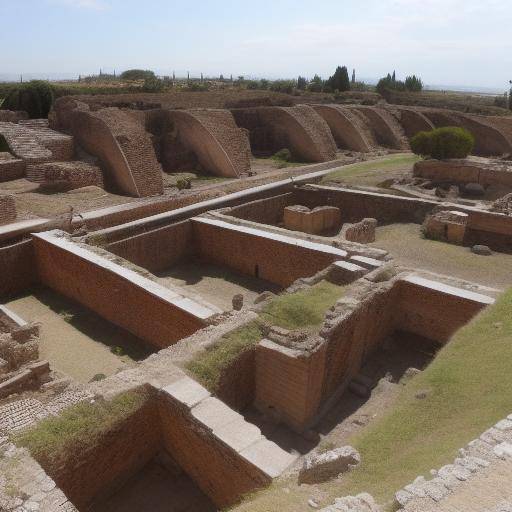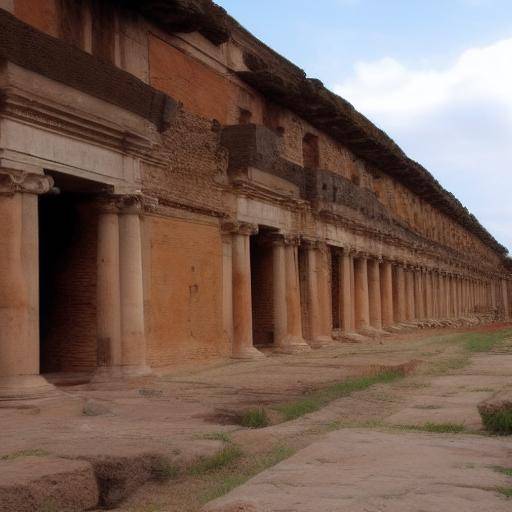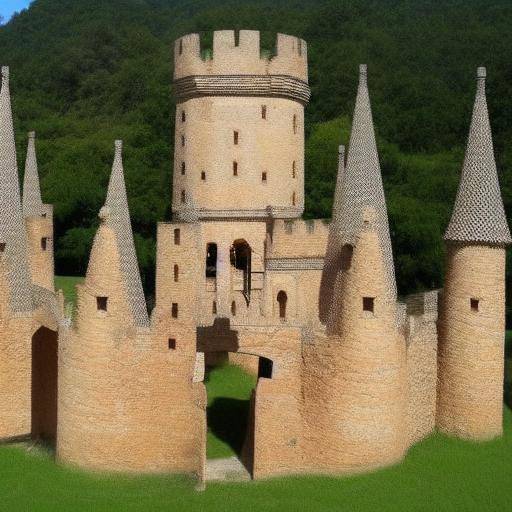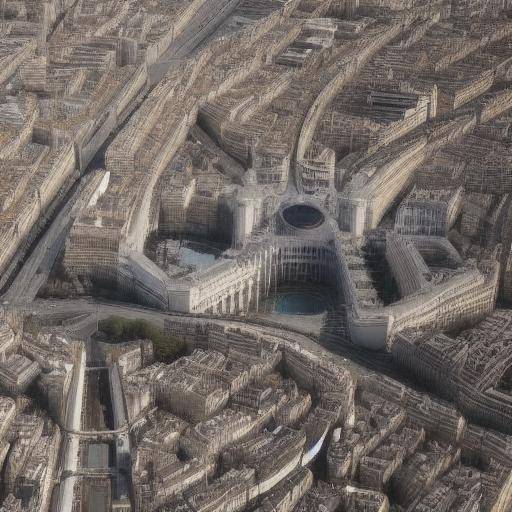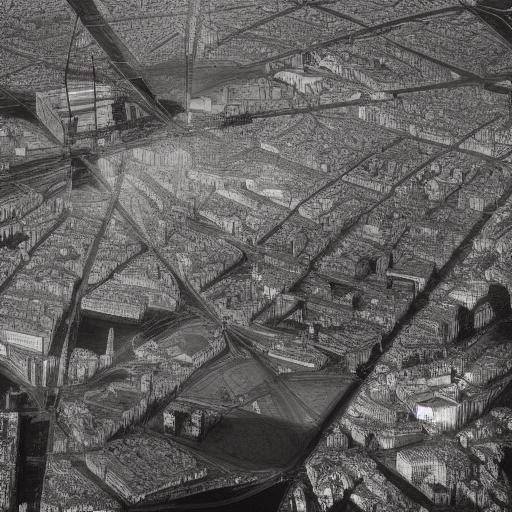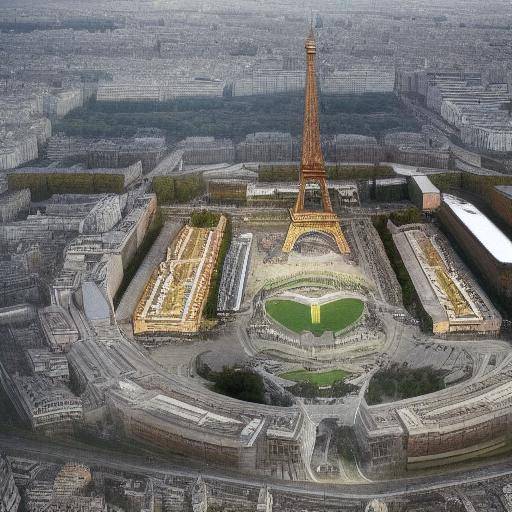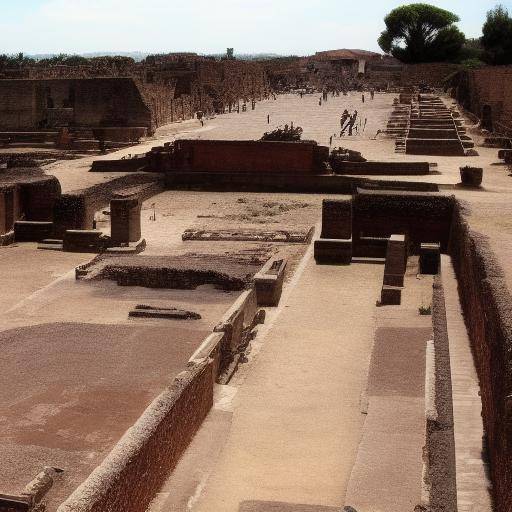
Pompeii is a legendary place that has captivated the imagination of people from around the world for centuries. Between history and legend, this ancient city near Naples, Italy, has left an indelible mark on culture and history. In this article, we will thoroughly explore Pompeya, its connection with Italy and its impact on history, combining historical data, legends and its contemporary relevance.
Introduction
Pompeii, known for the tragic eruption of Mount Vesuvius in 79 AD, is much more than a simple archaeological ruin. It transports us to the time of ancient Rome, revealing surprising aspects of everyday life, architecture, art and customs of this historical period. Join us on a fascinating journey through time and space to discover the secrets that lie under the ashes of Pompeya.
History and Background of Pompeii
Pompeii, located in the region of Campania in Italy, enjoyed a thriving economy at the time of its destruction. Founded around the 8th century BC by the oscos, it was later influenced by the Etruscans and the Greeks. However, his story gave a tragic turn when he was buried under tons of ash and lava due to the catastrophic eruption of Vesuvius.
The buried city remained hidden and forgotten for centuries until it was rediscovered in the eighteenth century, revealing a frozen snapshot in the time of Roman life. Pompeii provides a myriad of invaluable information about life during the Roman Empire, from intimate details of everyday life to tangible evidence of the customs and beliefs of the time.
Analysis in Deep
The global fascination with Pompeii continues to increase. Beyond its historical aspect, it is a vivid testimony of the fragility of human life and a warning about the inevitability of the force of nature. Similarly, Pompeya is a continuous debate on the management of cultural heritage and the preservation of archaeological remains.
The wealth of information available in Pompeii has led to significant advances in our understanding of ancient Rome, from the design of its cities to the social and economic structure. Excavations continue to offer amazing discoveries, which has led to a rebirth of public and academic interest in Pompeii and its significance in the history of Italy and the world.
Comprehensive review
The connection between Pompeii, Italy and history represents an intrinsic link that transcends time and space. Italy, with its rich cultural heritage and the imprint of the Roman Empire, has meticulously preserved the remains of Pompeii as a monument to the lost grandeur and as testimony to an unmatched human tragedy.
Comparative analysis
Comparatively, Pompeii, Italy and history are intertwined in a unique way, with each one having a significant influence on the other. Italy, as a guardian of Pompeii, has assumed the responsibility of preserving this historical legacy for future generations, making it a point of attraction for the curious and scholarly visitors of ancient history.
Practical Tips and Accessible Tips
If you plan to visit Pompeii, it is advisable to hire the services of a qualified guide to make the most of the experience. As you walk through the streets of the old city, imagine what life was like at the time, immerse yourself in the magnificent monuments and be surprised by the artistic and architectural dexterity of the time.
Industry Perspectives and Expert Reviews
Experts on archaeology, history and heritage conservation are united in their efforts to unravel Pompeya's secrets and preserve their legacy for future generations. Continuing research in Pompeya not only enriches our knowledge of the past, but also sheds light on contemporary challenges in managing historical sites and preserving cultural heritage.
Case Studies and Real Life Applications
Pompeii's influence extends beyond the academic sphere, impacting tourism, historical narrative and the understanding of humanity about its own history. Conservation efforts and state-of-the-art technologies in Pompeya have implications that go beyond the local sphere, resonating globally in terms of heritage preservation and sustainable tourism.
Future Trends and Predictions
The future of Pompeya as an archaeological site and tourist destination continues to evolve with the advance of technology and the growing demands for preservation and accessibility. Future developments in site management and archaeological research are expected to continue to reveal new aspects of Pompeya's history and its significance in the context of Italy and world history.
Conclusion
In short, Pompeii represents an invaluable treasure that connects us with the greatness and tragedy of ancient Rome, offering a unique window to the past that informs our understanding of the present. His legacy endures as an eternal reminder of human fragility and cultural magnificence. Pompeii's story continues to dazzle future generations, transcending time and keeping alive the flame of curiosity and wonder.
Frequently asked questions
1. How did Pompeii originate?
Pompeii was founded around the 8th century BC by the oscos and was influenced by the Etruscans and the Greeks. Over time, it became a prosperous cultural and commercial center under Roman rule.
2. What was the cause of Pompeii's destruction?
The city was buried by the eruption of Mount Vesuvius in 79 AD, which covered Pompeii with ashes and lava, preserving its ruins until its rediscovery in the 18th century.
3. Why is Pompeii important to the history of Italy?
Pompeii offers a unique snapshot of life in the Roman Empire, providing invaluable information on the architecture, society, economy and culture of ancient Rome.
4. How is Pompeii preserved today?
The conservation efforts in Pompeya focus on the preservation of their architectural structures, the control of tourism to avoid damage and the implementation of advanced technologies for archaeological research.
5. What are the main challenges in the conservation of Pompeya?
Challenges include the management of tourism influx, the preservation of deteriorated structures and the protection of natural disasters, as well as sustainable financing for long-term maintenance.
6. What does Pompeii have in contemporary culture?
Pompeya inspires historical narrative, archaeological research, cultural tourism and awareness of the importance of the preservation of heritage, transcending its value as an archaeological site.
With these frequent questions, we hope to have provided an exhaustive insight into the fascinating history of Pompeya, its meaning for Italy and its role in world history. Do not hesitate to explore more about this captivating theme!

